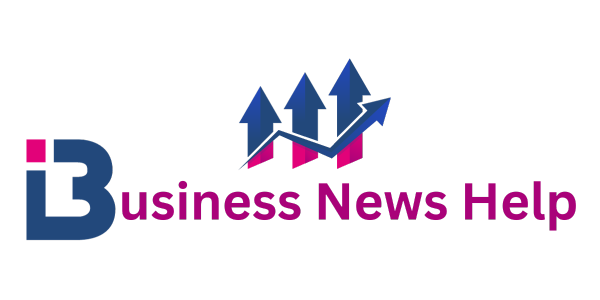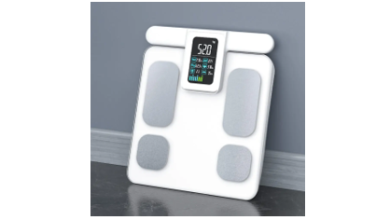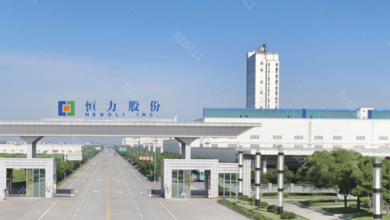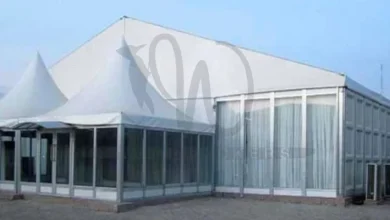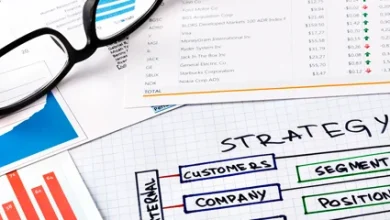Common Myths About Illinois Wholesale Licenses

When starting a wholesale business in Illinois, you may come across a lot of misinformation about Illinois wholesale license. These misconceptions can create confusion and lead to unnecessary stress. To help clear the air, we’re giving some of the most common myths about Illinois wholesale licenses.
Myth 1: You Don’t Need a Wholesale License to Operate
Fact: If you plan to buy goods in bulk and sell them to retailers or customers, you’ll need a wholesale license. This license, often called a reseller’s permit or sales tax permit, allows you to purchase goods without paying sales tax, as the tax will be collected when the goods are sold to the end customer. Operating without a wholesale license can result in fines and penalties.
Myth 2: Getting a Wholesale License is Complicated
Fact: The process of obtaining a wholesale license in Illinois is straightforward. Most applications can be completed online through the Illinois Department of Revenue website. You’ll need basic information about your business, such as:
- Business name and address
- Federal Employer Identification Number (FEIN)
- Type of business structure (e.g., sole proprietorship, LLC, corporation)
By ensuring you have all the necessary information and documents ready, you can complete the application in a matter of minutes.
Myth 3: Wholesale Licenses Are Expensive
Fact: Obtaining a wholesale license in Illinois is usually free or comes with a minimal cost, depending on your business type. However, you may need to pay other fees associated with registering your business, such as filing fees for forming an LLC or corporation. The wholesale license itself is not a significant expense and is essential for legal compliance.
Myth 4: Wholesale Licenses Are Only for Large Businesses
Fact: Wholesale licenses are not limited to big companies. Whether you run a small online store, a family-owned shop, or a large corporation, you’ll need a wholesale license if you plan to buy and resell goods. Illinois requires all businesses, regardless of size, to have the proper licenses to operate legally.
Myth 5: A Wholesale License Covers All Business Needs
Fact: While a wholesale license allows you to buy and resell goods, it doesn’t cover every aspect of your business. You may still need additional licenses or permits, depending on the nature of your business. For example:
- A local business license may be required by your city or county.
- Food or health permits may be necessary if you’re dealing with food products.
- Specific industry permits may apply to certain types of goods, such as alcohol or tobacco.
Make sure to research all licensing requirements to ensure full compliance.
Myth 6: Once You Have the License, There’s Nothing Else to Do
Fact: Having a wholesale license is just the beginning. You must maintain compliance by:
- Keeping accurate records of your sales and purchases.
- Filing sales tax returns with the Illinois Department of Revenue.
- Renewing your license, if required, to keep it active.
Failure to comply with these obligations can result in penalties or the loss of your license.
Conclusion
Understanding the truth about Illinois wholesale licenses is essential for anyone starting a wholesale business. Don’t let myths or misconceptions hold you back. The process is simple, affordable, and necessary for operating legally. By staying informed and compliant, you can focus on growing your business and serving your customers.
